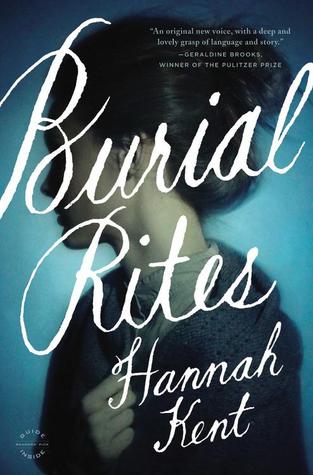On a recent visit to Washington DC and Richmond, Virginia I found the sheer volume of U.S. war and military history quite overwhelming – in the end I couldn’t face one more statue of a general on a horse. I was most interested in the history of Abraham Lincoln, one of my historic heroes, and this led inevitably to the history of the Civil War. Among the (literally) hundreds of written histories of the period, I was intrigued to find a section on the role of women in intelligence-gathering and smuggling soldiers as well as information across enemy lines.
Elizabeth Varon’s book tells the story of Elizabeth van Lew, independent and socially rebellious daughter of a much-respected Old Southern family in Richmond which was then the capital of the Southern States. It seems she was somewhat ambivalent in her views: she loved Richmond and enjoyed the antebellum lifestyle of the southern belle, her family had slaves and were totally part of the establishment. Yet Elizabeth believed slavery to be fundamentally wrong; “…Slave power is arrogant – is cruel – is despotic- not only over the slave, but over the community, the State…” and began before the outbreak of war to try to influence by petitioning politicians to resist the call to secession by the adamantly pro-slavery States. The hysterical propaganda of the press made it difficult for anyone to stand against secession.
Clearly her early efforts failed, but it was the start of van Lew’s efforts to help the Union (that is, the northern Yankees) win the war. She was able to use her own femininity as well as her family’s good name, to gain access to high-ranking officers and plead for mercy for prisoners, because the patronising indulgence towards women made her appear non-threatening.
As the war dragged on and captured Union soldiers were kept in horrendous conditions in makeshift prisons, van Lew became the centre of an underground network which smuggled food and information into the prisons as well as helping to execute the escapes of many soldiers. Her own personal fortune financed a lot of the activity, and she also recruited African American slaves to the cause because of their trust in her.
Throughout the war years, van Lew had to come to terms with the fact that many Unionists were not really abolitionists but simply wanted to subdue the rebellious confederacy; in fact Lincoln himself was ambivalent about slavery until he realised that freeing the slaves was the only way to win not only the war, but international support.
She fought on, meanwhile continuing to get vital information on military strategy, proposed army attacks etc. through the Confederate lines to the Northern commanders, and was highly commended for her courage and efficiency. When the south was finally beaten, the final act of destruction in Richmond was for the city’s forces to set fire to all businesses and government buildings as they retreated, so the hated Yankees would not have a city to take over.
As for van Lew, she was at first rewarded by the victors, with official praise and a prominent and prestigious career position, but her identity inevitably became known and she was reviled as a traitor and later labelled as a ‘madwoman’ in the city that she loved.
One can only wonder why her political views did not cause her simply to migrate to a more liberal city in the North – but the story as reconstructed, including parts of her own diary, show that she was a proud Virginian who wanted to see her city and State tale a more humane position and free its slaves, while maintaining its essentially genteel lifestyle.
The book is a bit dry to get into, and the number of characters had me confused about who was on which side, particularly as I have never really studied the Civil War. However, overall it is a fascinating story of a very courageous and very resourceful woman who helped hundreds of prisoners, ran a very professional spy ring from her own home right in the middle of Confederate supporters who would surely have killed her if they had discovered her, and was a leader in the abolition of slavery.
Helen





